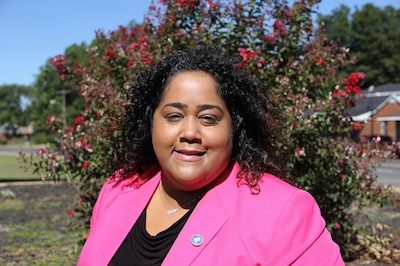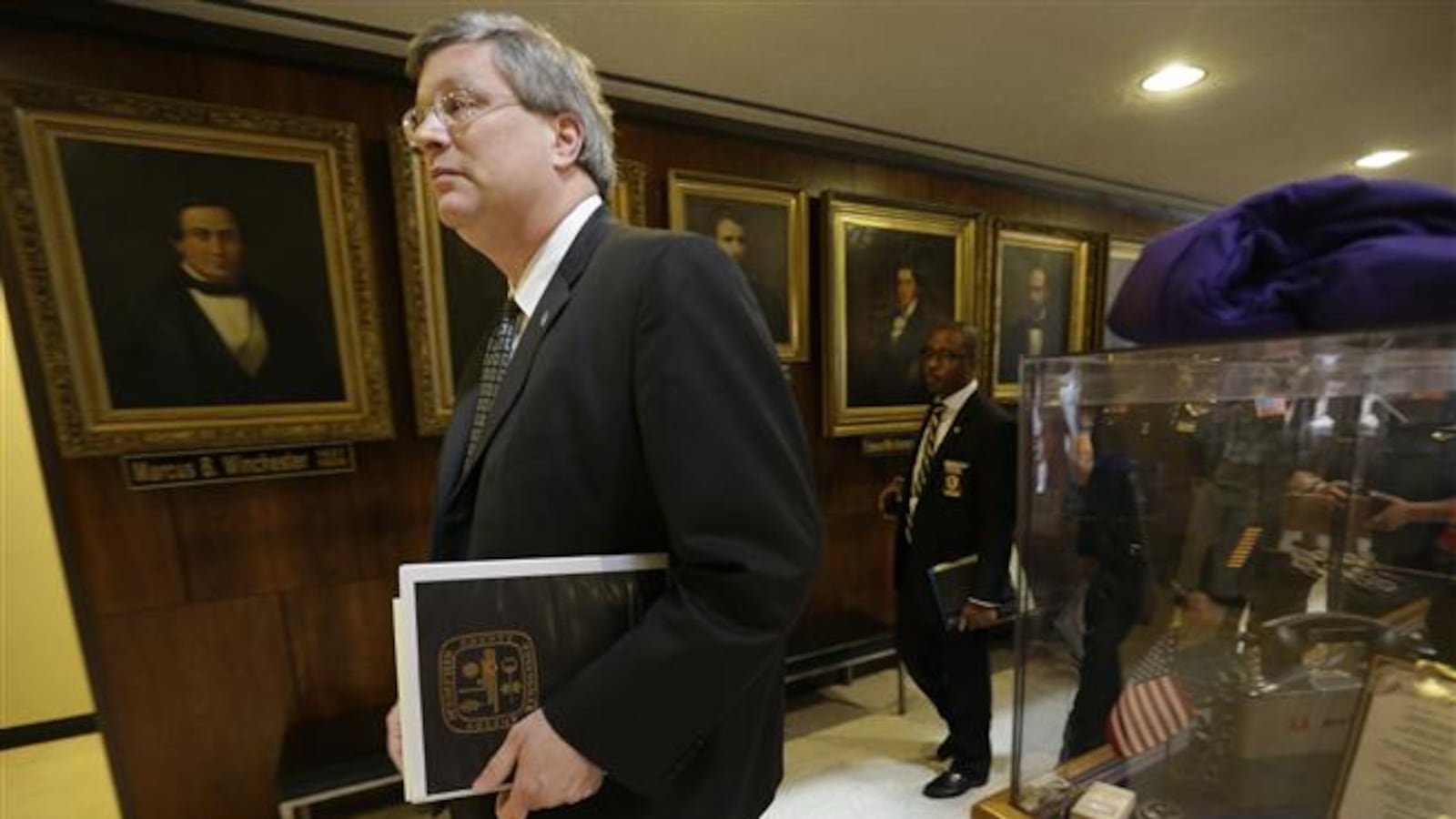Memphis education leaders with opposing views on how to fix the city’s schools can agree on one thing: The city needs to “get back in the business of funding public education.”
A diverse coalition of stakeholders is calling on Mayor Jim Strickland to include at least $10 million in the city’s upcoming budget to help pay for career and technical training for in-demand jobs, as well as after-school programs and social supports for potential dropouts. The group wants at least half of the money to be funneled through public schools and the rest through community programs.
In an April 13 letter, the group called children “our city’s greatest asset” and offered to meet with Strickland as his administration finalizes its spending plan for the next fiscal year.
“We’ve heard Mayor Strickland and members of the (City) Council state time and again that education is a major issue and top area of concern for the city. Yet, in the next sentence they will say that the city is out of the business of education,” said Cardell Orrin, Memphis director of Stand for Children, in a statement Monday.
The letter — signed by 14 organizations and 16 community leaders including state lawmakers, pastors and school board members — is the latest volley hurled at the city for providing the minimum required financial support to public education under the terms of a 2015 legal settlement. Last year, Shelby County Commissioner Terry Roland compared city government to a “deadbeat parent” as the county struggled to help Shelby County Schools fill a $35 million budget gap.
But city spokeswoman Ursula Madden said the group is barking up the wrong tree. She said the city already funds many programs contributing to education as part of its “public safety strategy.”
“We may not be putting money in Shelby County Schools, but we’re looking for ways to increase quality programming,” Madden said. “We‘re not discounting any of their concerns. We share some of their concerns, quite frankly. But we’re doing our part.”
Responding later with his own letter to the coalition, Mayor Strickland said the city invests $50 million annually for parks and libraries that support children. As for more career training, he noted partnerships in the works with Southwest Tennessee Community College, Moore Tech and Tennessee College of Applied Technology.
“Also, taxpayers in Memphis do, in fact, finance Shelby County Schools through county taxes. And, a few years ago, the citizens of Memphis voted not to be ‘double taxed’ and to surrender the charter of the former Memphis City Schools,” Strickland wrote.
From our archive: Six things to know about Memphis Mayor Jim Strickland on education
Shelby County has been the local funding agent for Memphis-area public schools since the 2013 merger of Memphis City Schools with legacy Shelby County Schools. That happened after the city’s school board voted in 2010 to surrender its charter and the subsequent merger was approved in a countywide referendum.
The coalition’s letter points out that, while the city is no longer legally obligated to fund local schools, education directly impacts the city’s quality of life.
“We hope that you will think of our youth not under a crime plan, but under a youth success plan where supporting their educational achievement is paramount,” the letter said. “Our young people should be viewed not as part of a crime problem, but as the solution to the challenges of our city. Our commitment to education and youth success should be at least as much of a priority as increasing the police force.”
The group, called the Fund Students First Coalition, includes representatives both of Shelby County Schools and the state-run Achievement School District, which often have been at odds over school takeovers that siphoned off students and funding from the local district. The coalition also includes charter school advocates and a local teachers union.

Chris Caldwell, who signed the letter as chairman of Shelby County’s Board of Education, noted that the vast majority of the district’s students are Memphis residents. “I would think that would give city leaders rationale for taking an interest in (providing) significant resources to achieve its goals,” he said.
Rep. Raumesh Akbari said she signed the letter because education should fall under the city’s public safety focus.
“With high crime, unemployment, and poverty rates persisting, funding for these strategic investments can increase academic achievement and graduation rates, and enhance postsecondary success for students,” said the Memphis Democrat.
The coalition’s $10 million ask is a relatively small amount compared to the $945 million proposed budget of Shelby County Schools. The coalition is asking that half of the money it’s requesting go to public schools operated by Shelby County Schools, the state-run Achievement School District, and charter management organizations.
The coalition letter cites a recent Rutgers University study that said Shelby County Schools has “some of the most extreme fiscal conditions” among districts with higher-than-average poverty rates and lower-than-average revenues.
Strickland is scheduled to present his proposed budget to City Council on April 25.
Below is the coalition’s full letter, which outlines specific ways that the coalition is requesting the city to fund education efforts and the mayor’s full response:
Editor’s note: This story has been updated to include Mayor Strickland’s response in an April 21 letter to the coalition.

